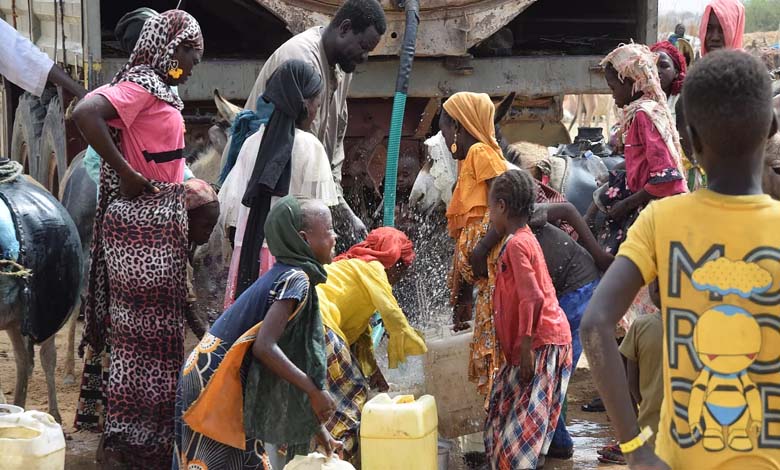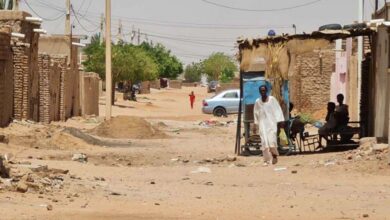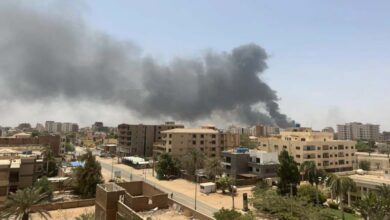Sudan Between Epidemics and Collapse: An Incapable State and a People Facing Death

Sudan is currently experiencing one of its most complex humanitarian crises, where the spread of epidemic diseases intersects with the near-total collapse of the healthcare system, revealing an absent state and a population left to fend for itself.
-
Sudan Faces Total Health Collapse as Epidemics Spread and 160 Hospitals Shut Down
-
The Army in Luxury, the People in Slow Death: Sudan on the Brink of Total Collapse
In the states of Khartoum, Al-Jazirah, and Northern Sudan, hospitals are witnessing a growing number of dengue and malaria cases, two diseases now claiming lives daily amid a severe shortage of essential medications and intravenous solutions. With continuous power outages, operating rooms and resuscitation equipment are rendered inoperative, and more than 160 healthcare facilities have ceased functioning, making life and death a matter of chance.
The tragedy extends beyond the lack of treatment; it permeates daily life: families lying on the floors outside closed hospitals, children carried on their relatives’ shoulders in the absence of ambulances, and doctors struggling with limited tools against expanding epidemics. These realities place the crisis in the context of a comprehensive humanitarian catastrophe rather than a mere sectoral crisis.
-
Health and Politics in Sudan: The Collapse of the Social Contract in an Era of Disease
-
Postponed Clash in Sudan: A Brewing Battle for Power and Loyalty Between the Army and Its Allies
Even more alarming is the stark contrast between the plight of the people and the conduct of the military leadership. While citizens lack the most basic means of survival, the ruling elites indulge in foreign travel and ostentatious displays, completely ignoring the cries from within. This disconnect between the state and its citizens reflects the depth of the political crisis, characterized by a lack of accountability and transparency, as well as the absence of any vision for reform or rescue.
The economic crisis further darkens the scenario: rising prices and currency collapse leave the majority unable to purchase medication, while malnutrition weakens the population’s immunity, accelerating the spread and severity of diseases. What is occurring is not merely the result of war or mismanagement but an indicator of the state’s failure to perform its essential functions.
-
Humanitarian Crossings in Sudan: A Relief Map Shackled by the Army’s Political Pressure
-
Looting Theft and Murder… Sudanese in Army-Held Areas Crushed by Hardship
Today, Sudan stands on the edge of a large-scale humanitarian disaster that cannot be addressed from within alone. The absence of international intervention, whether through UN agencies or relief initiatives, means that millions of lives are at risk in silence.
Sudan requires more than urgent humanitarian aid; it requires political action that redefines the state’s responsibility toward its people. Silence in the face of this collapse is not merely negligence; it constitutes implicit complicity in the crime being committed against millions of innocent lives.
-
Crisis of Trust between the Sudanese Army and Its Militias… What Lies Behind the Recruitment Freeze Decision?
-
The Forgotten War: How the Sudanese Government Tries to Cover Up Horrific Crimes against Civilians
-
Attacks on Infrastructure in Sudan: A Military Strategy with a Heavy Human Cost
-
Impact of Military Attacks on Sudan’s Infrastructure: People’s Suffering and the Water and Electricity Crisis












